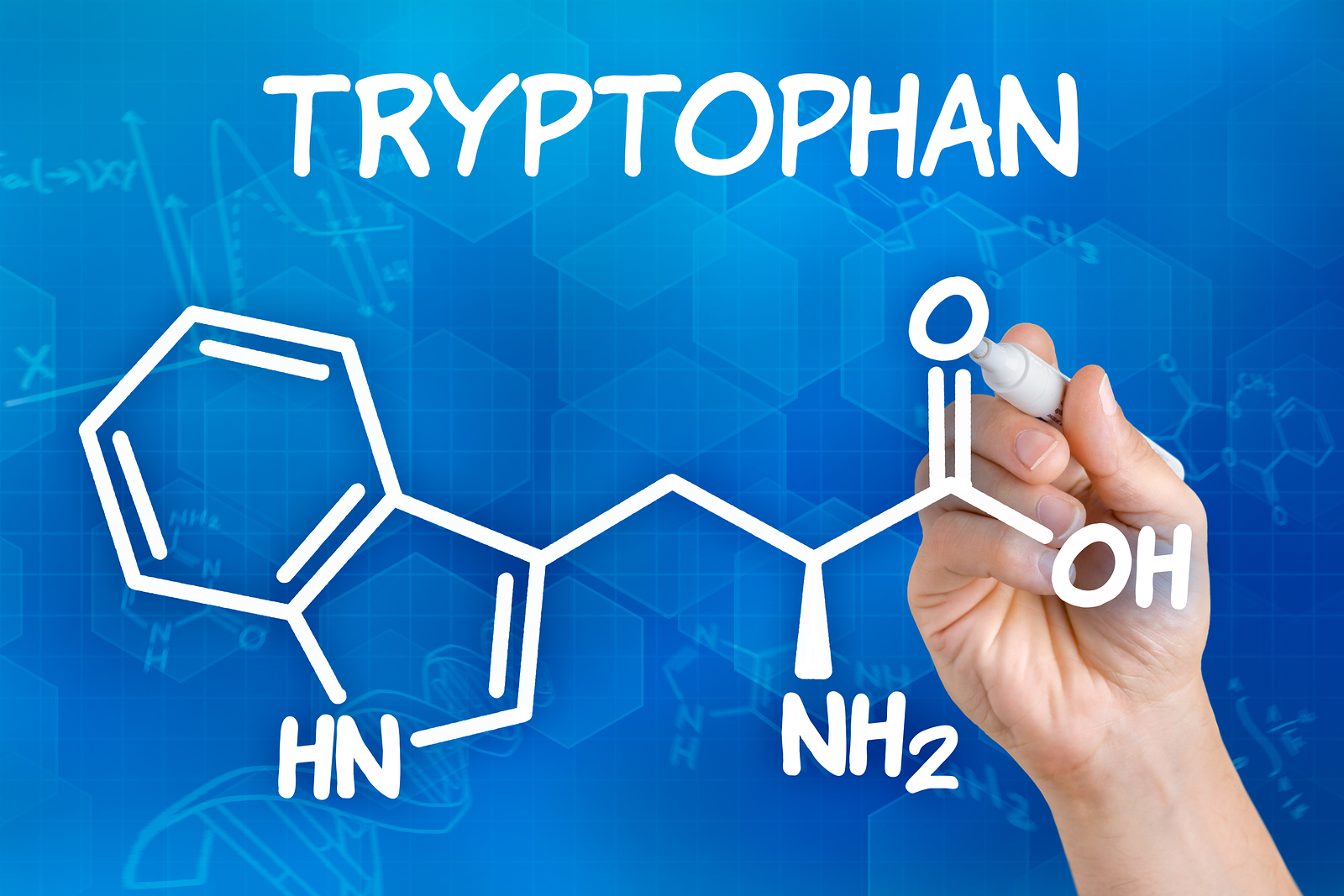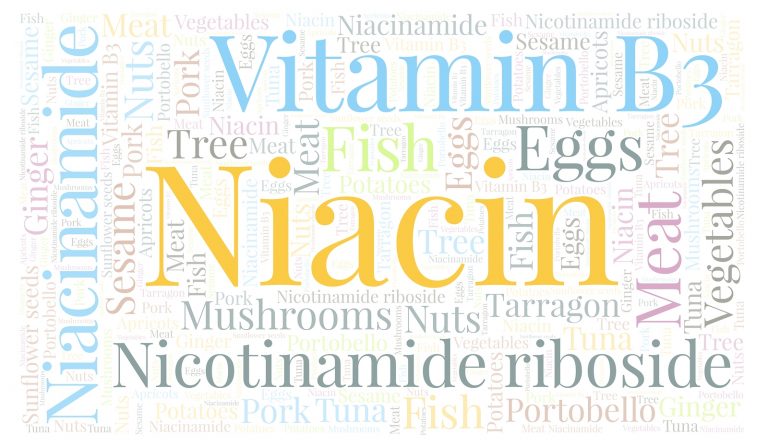Niacin may protect against Alzheimer’s disease and the decline of cognitive functions caused by aging processes.
Study regarding Niacin actions related to Alzheimer's disease
In the doctor MC Morris’s report (PMID: 15258207), the results of which were published in 2004 in the Journal of Neurology, Neurosurgery & Psychiatry, the researchers tested the relationship between niacin application and the risk of Alzheimer’s disease. The basis for investigating the matter was the suspicion that dementia may be caused by serious niacin deficits.
Results of the study
Out of 815 clinically evaluated people at the age of 64 and more, who initially were free from Alzheimer’s disease, sickness incidents appeared around 4 years later among 131 of them.
In comparison to the people, who took the lowest niacin doses (median 14,1 mg a day), people taking most of it (median 45,0 mg a day) demonstrated lower risk of Alzheimer’s disease occurrence by 67%. The protective niacin effect was stronger among the subjects taking also vitamin C, beta-carotene and vitamin E from food, which also in the previous research proved to exhibit protective effects against Alzheimer’s disease.
Niacin demonstrated protective effects regardless of the fact if it was taken in the form of supplements or food. The more niacin was taken, the lower the risk of the disease occurrence was.
Pathogenically low RDA
The results of these observations undermine the applying norms of niacin consumption. Currently RDA (Recommended Dietary Allowance) for niacin is: 16 mg for men and 14 mg for women. People who follow RDA rules have a guaranteed place among the people endangered strongest with Alzheimer’s disease.
Doubtful role of tryptophan

The researchers also proved the protective role of tryptophan, an amino acid, which constitutes around 1% of proteins in food. The food that contains tryptophan, however, usually also contains niacin. When niacin was taken into consideration, the meaning of tryptophan was lowered, suggesting that the protective benefits may be caused by niacin, rather than tryptophan.
Niacin – nicotinic acid
Previous research proved that niacin plays also an important role in DNA synthesis and repairs, myelinogenesis and growth of dendrites, cell signalization of calcium and is a strong antioxidant in brain mitochondria.
Serious niacin deficit causes a disease called pellagra, which is characterized by dementia, skin inflammation and diarrhea.
The products rich in niacin are the following: meat, legumes, nuts, enriched grains (cereals), coffee and tea.
Conclusion
Much attention has been so far devoted to the relationship between dementia and other vitamins from group B, especially vitamin B12, vitamin B6 and folic acid. Little attention was paid to niacin contained in food and its influence on Alzheimer’s disease, even though niacin was administered to elderly people to counteract the states of confusion and a few clinical trials of drugs were carried out at this angle. In this research we observed the protective effect of niacin against the development of Alzheimer’s disease and cognitive disorders with normal levels of daily intake, which may have serious consequences for public health and disease prevention if this is confirmed in further research.
Read more:
Niacin - a few words about Vitamin B3
Research on niacin that caused panic
The perfect fat burner? Niacinamide and forskolin
Source
Morris M, Evans D, Bienias J, et al. Dietary niacin and the risk of incident Alzheimer’s disease and of cognitive decline. Journal of Neurology, Neurosurgery, and Psychiatry. 2004;75(8):1093-1099. doi:10.1136/jnnp.2003.025858






